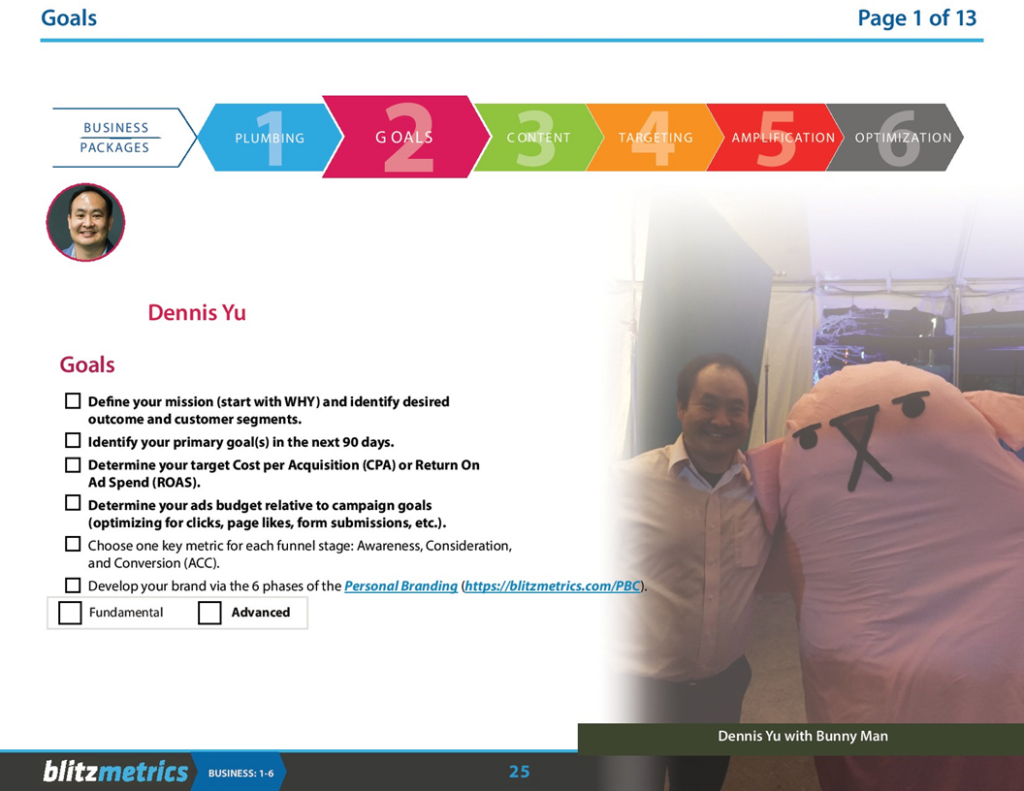

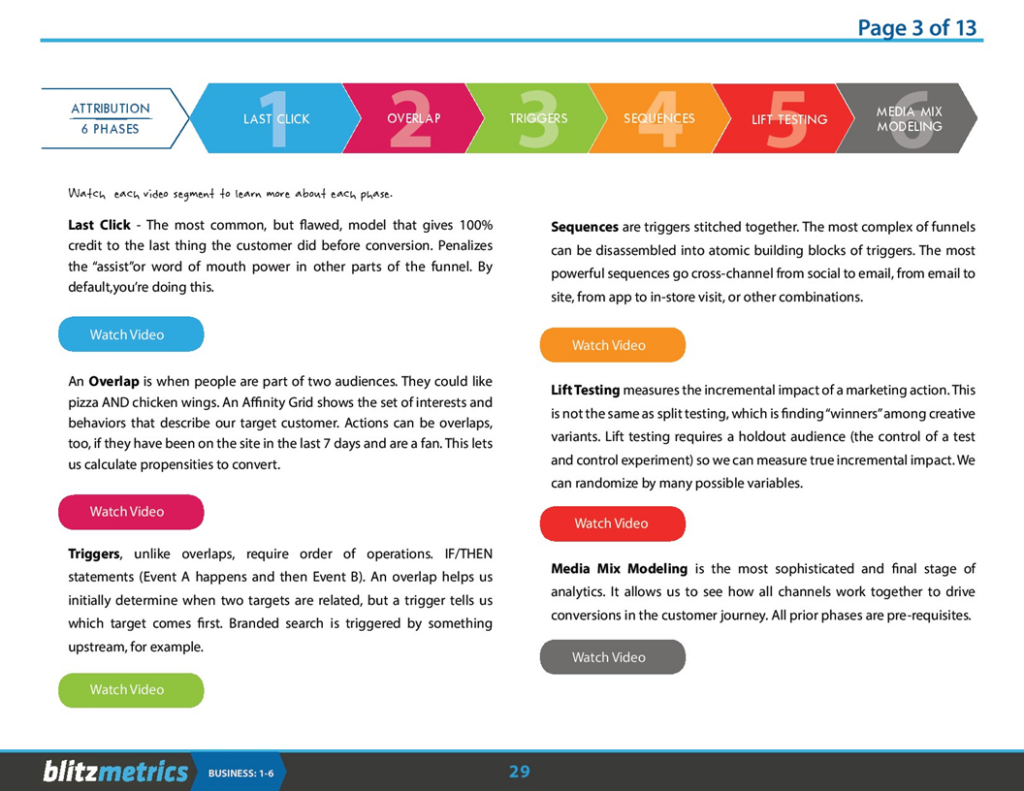
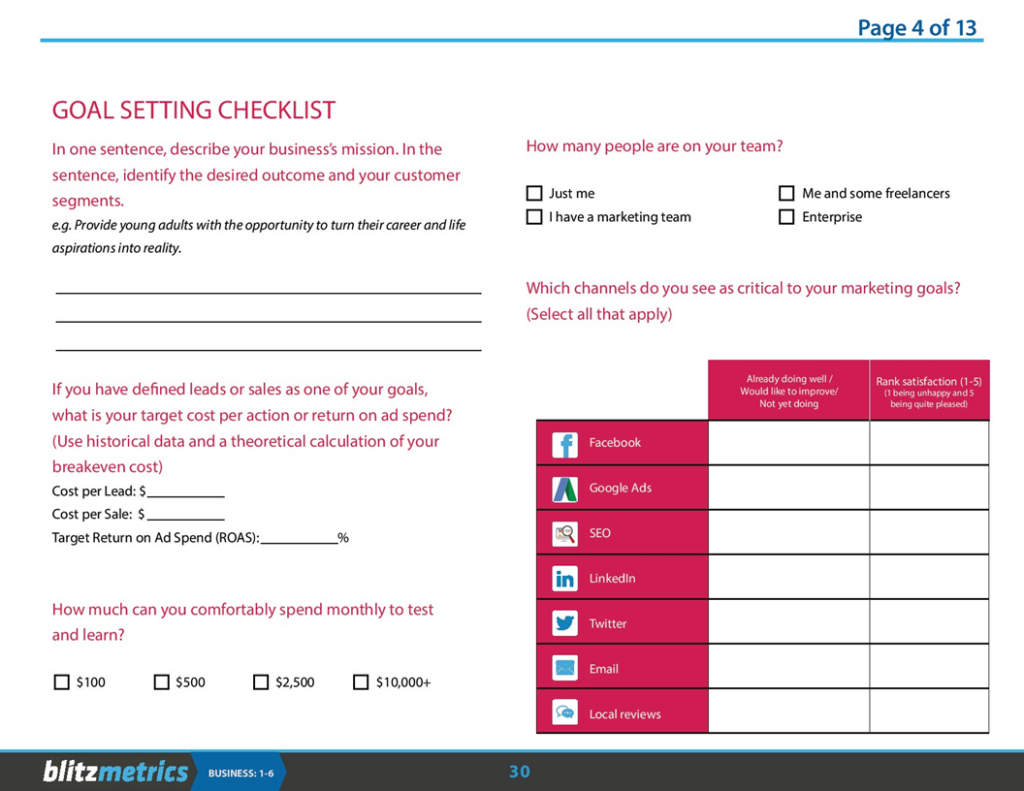
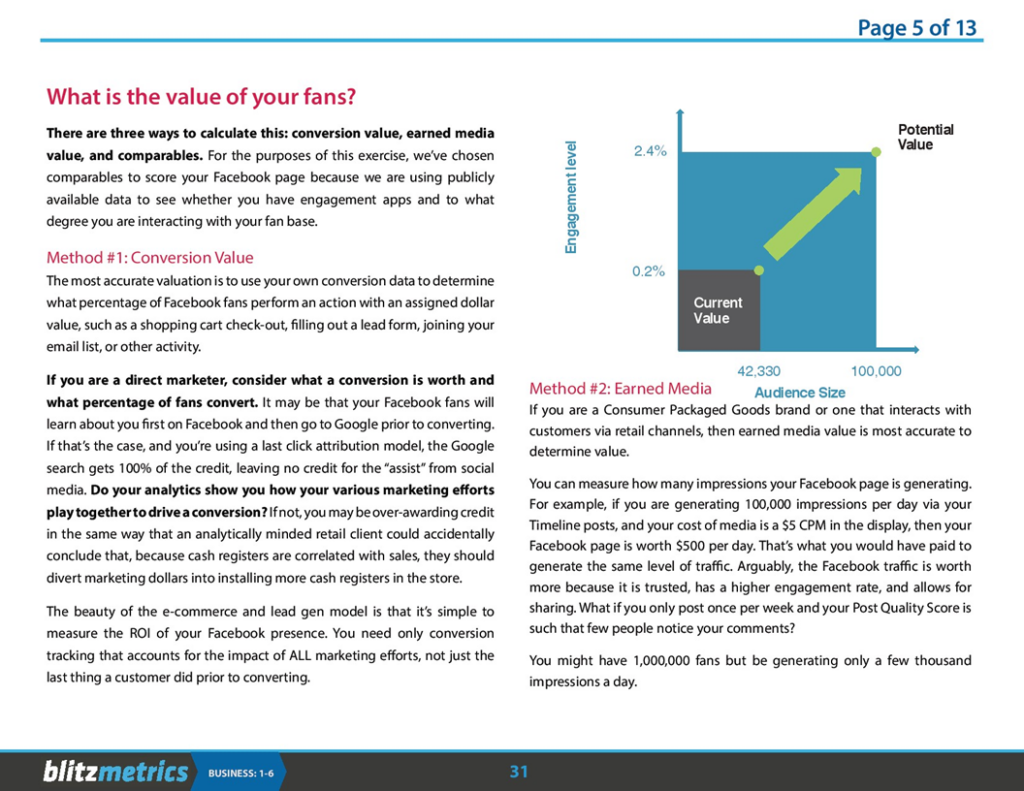




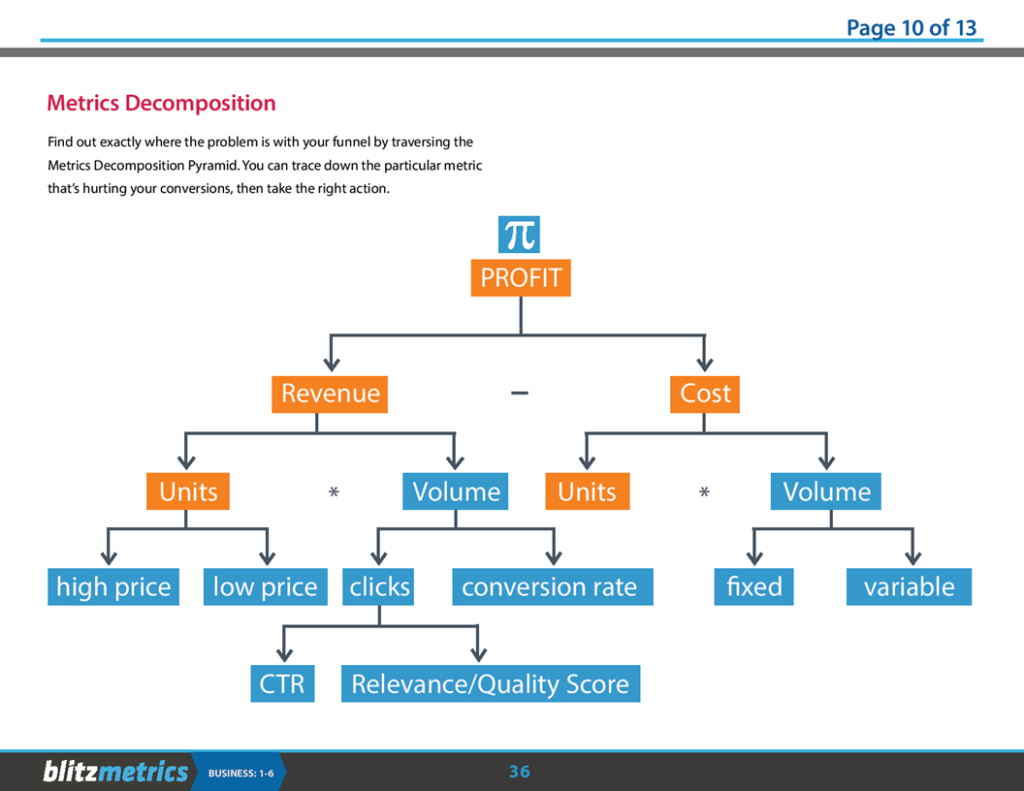
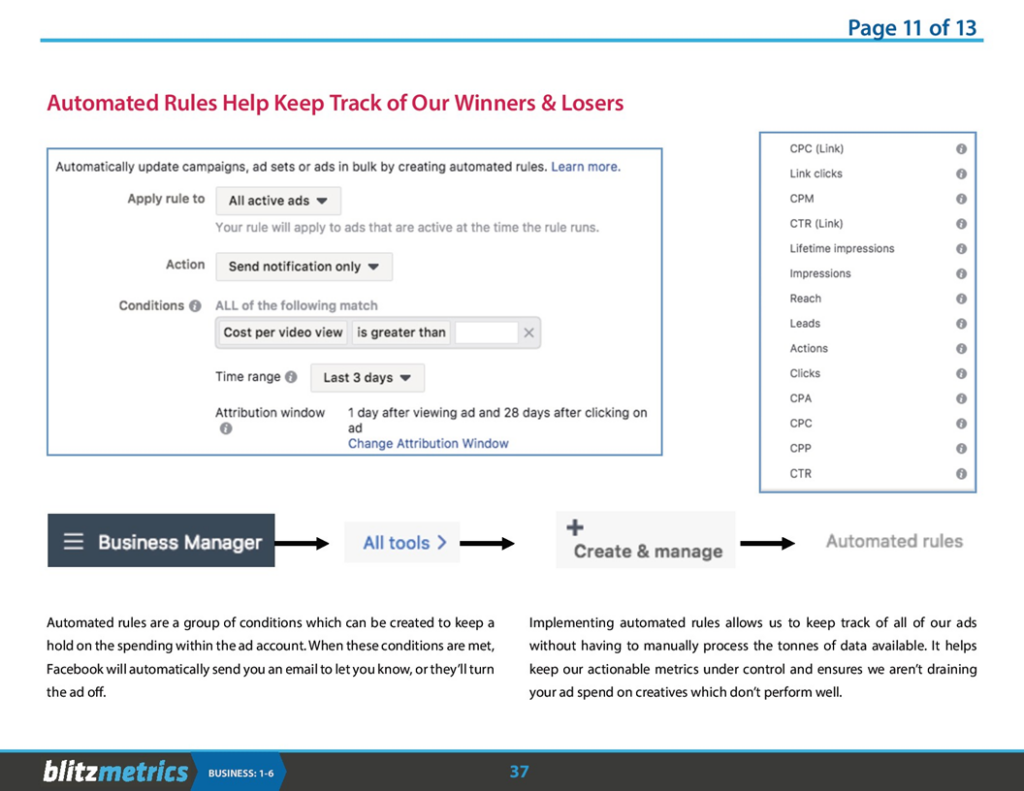
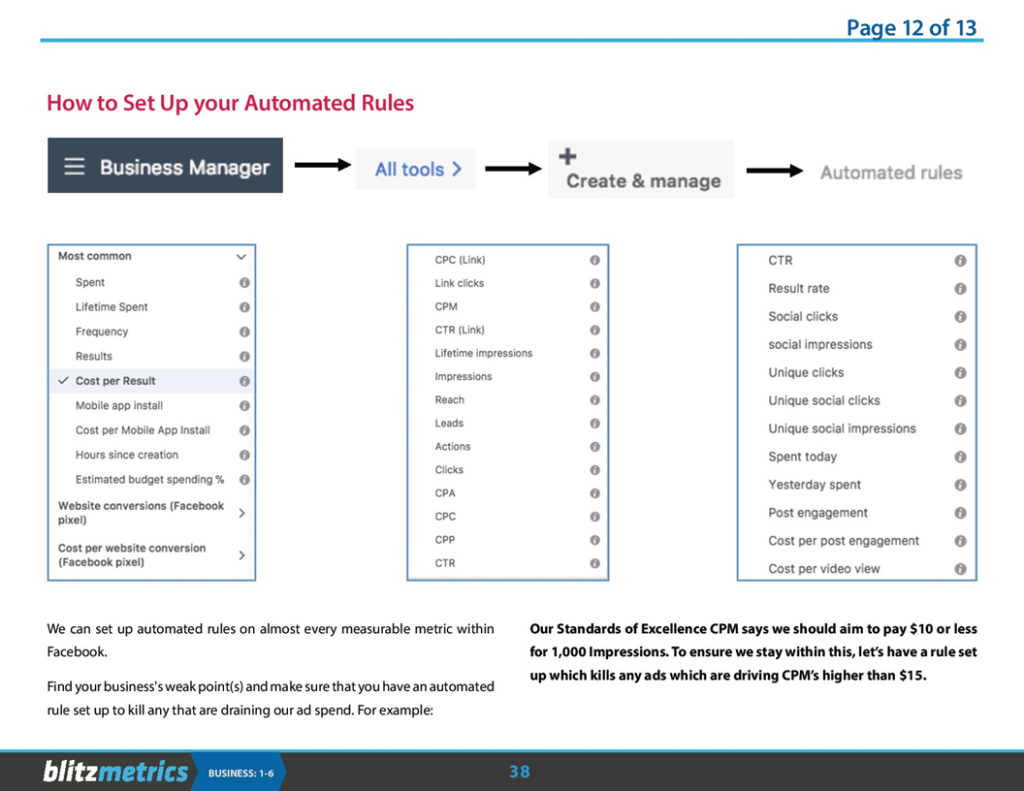


Goals
For a successful digital marketing campaign, businesses must establish clear Goals and create compelling Content that helps achieve those Goals (e.g. drive engagement and conversions). This phase is about aligning the business’s mission, objectives, and messaging with measurable digital marketing strategies.
For Johns Hopkins University students, this means working with a local business to define its marketing Goals and develop Content that supports those objectives. In other words, producing real-world, high-impact marketing materials that can be used for awareness, engagement, and sales.
Goals
- Define your mission (start with WHY) and identify desired outcome and customer segments.
- Identify your primary goal(s) in the next 90 days.
- Determine your target Cost per Acquisition (CPA) or Return On Ad Spend (ROAS).
- Determine your ads budget relative to campaign goals (optimizing for clicks, page likes, form submissions, etc.).
- Choose one key metric for each funnel stage: Awareness, Consideration, and Conversion (ACC).
- Develop your brand via the 6 phases of the Personal Branding (https://blitzmetrics.com/PBC).
Figure out what you stand for (your “WHY”)
Before you start the process of personal branding, you need to define what you want to brand yourself as.
If you’re passionate about music, you might want to become the best marketer in the music industry. Or maybe you’re passionate about sports. Establish yourself as the top social analytics expert in the sports industry.
Once you figure out what you stand for, everything else can start to fall into place.
Write content that fits into your content pyramid
The most important thing to remember when writing your own content is to make sure it all connects back to your “WHY”. Even if your “WHY” is something general like content marketing, you can break that down into storytelling, promotion, writing techniques, etc.
If you continually break down your “WHY”, you’ll never run out of topics over which to create content.
Through the process of Learn, Do, Teach (one of our ”9 Triangles”) as you’re learning and absorbing material, you’ll find that every opportunity is a content creation opportunity. This could be as simple as sharing a little tidbit you found interesting in a book you were reading, or a longer, more thought-out strategy analysis.
Checklist creation
If you take what you’ve learned and applied within your subject of expertise and condense it down to simple steps, you can assemble them into checklists.
This is your big selling point. Except you can’t sell it. You have to offer it for free. This is where people get tripped up the most, and for good reason. You probably feel like you’d just be giving out your secrets for free and letting other people piggy-back off of your hard work with no monetary return on your end.
By offering up these checklists, it shows that you know what you’re talking about—that you’re an expert in your field. How else could you condense down all this information that would normally take someone thousands of hours to go through into a simple, one-page checklist?
